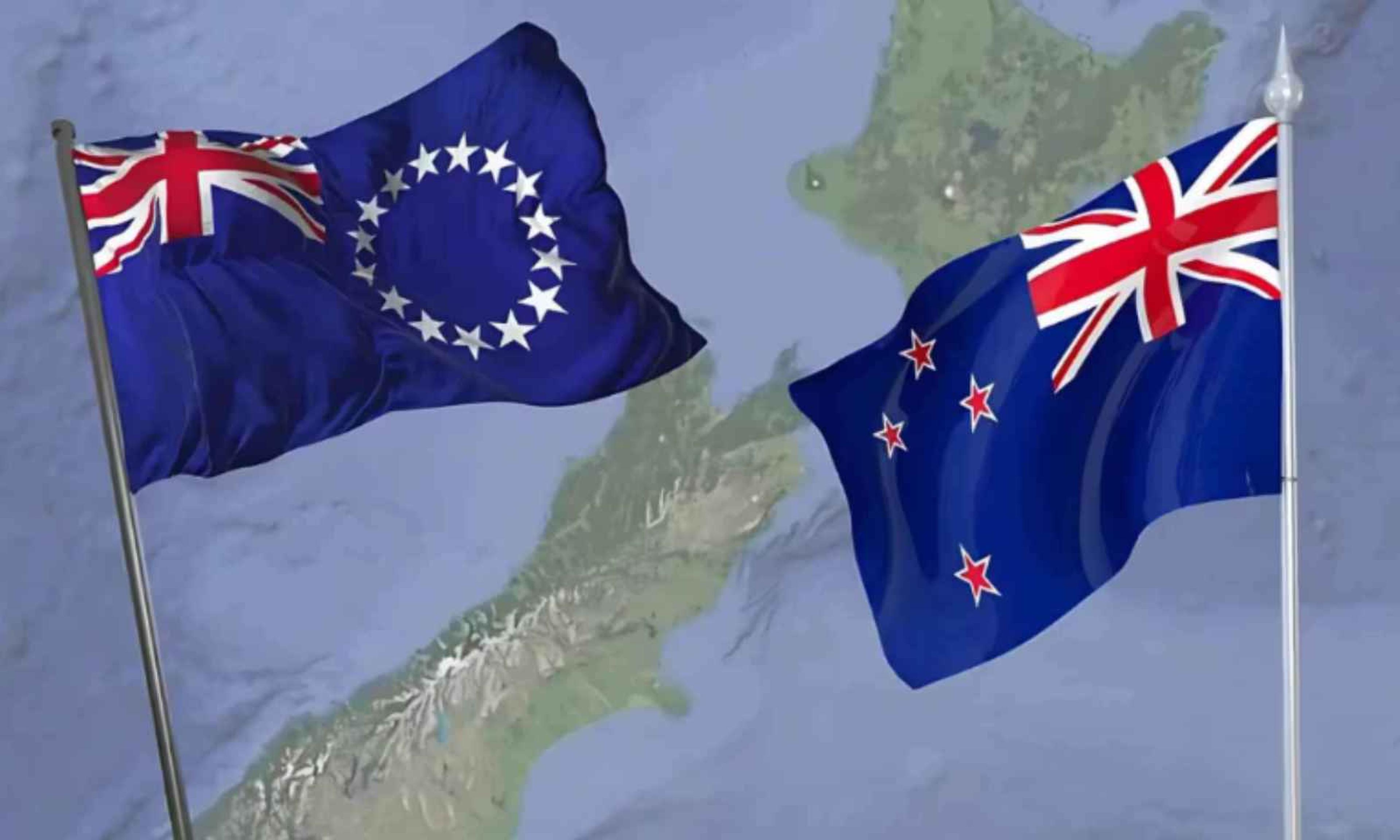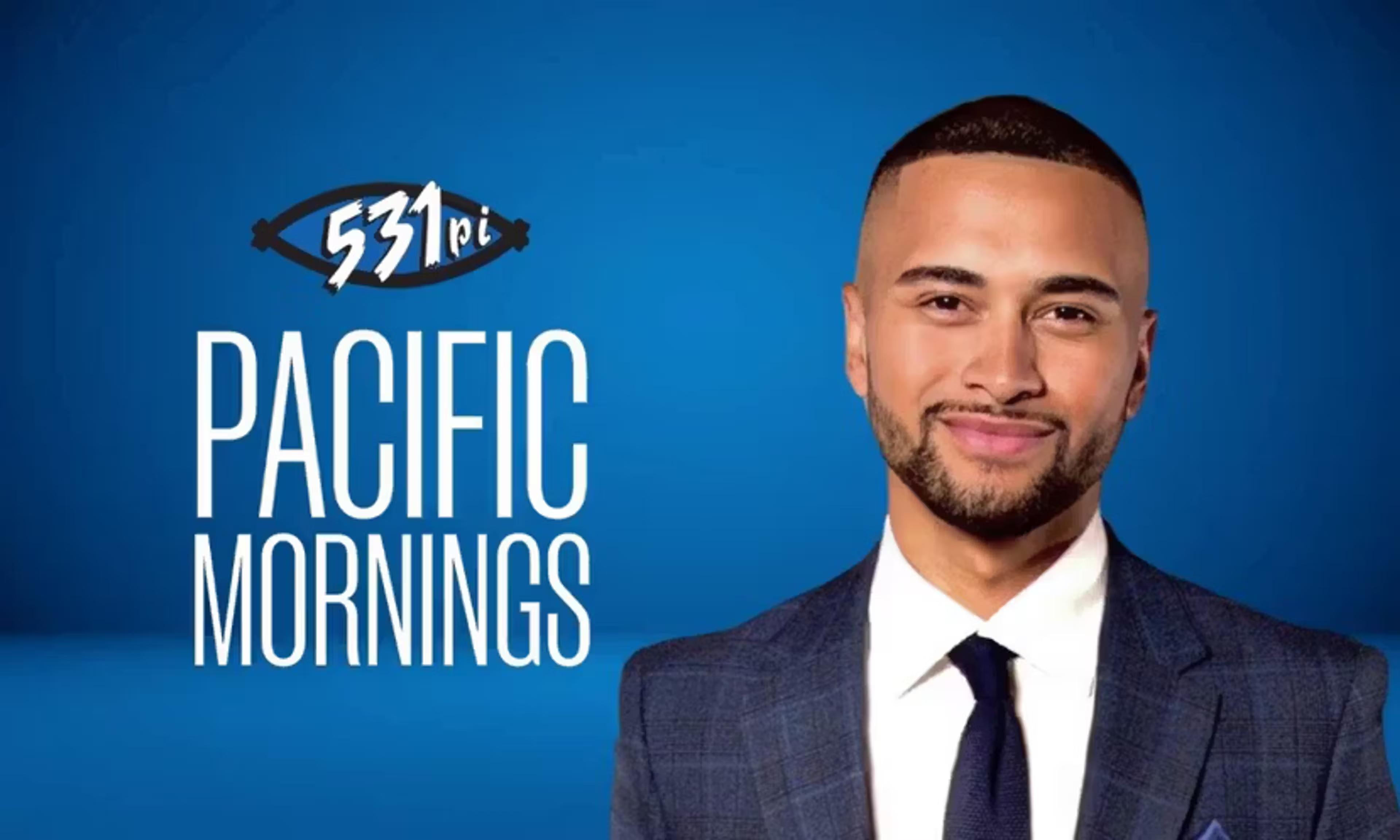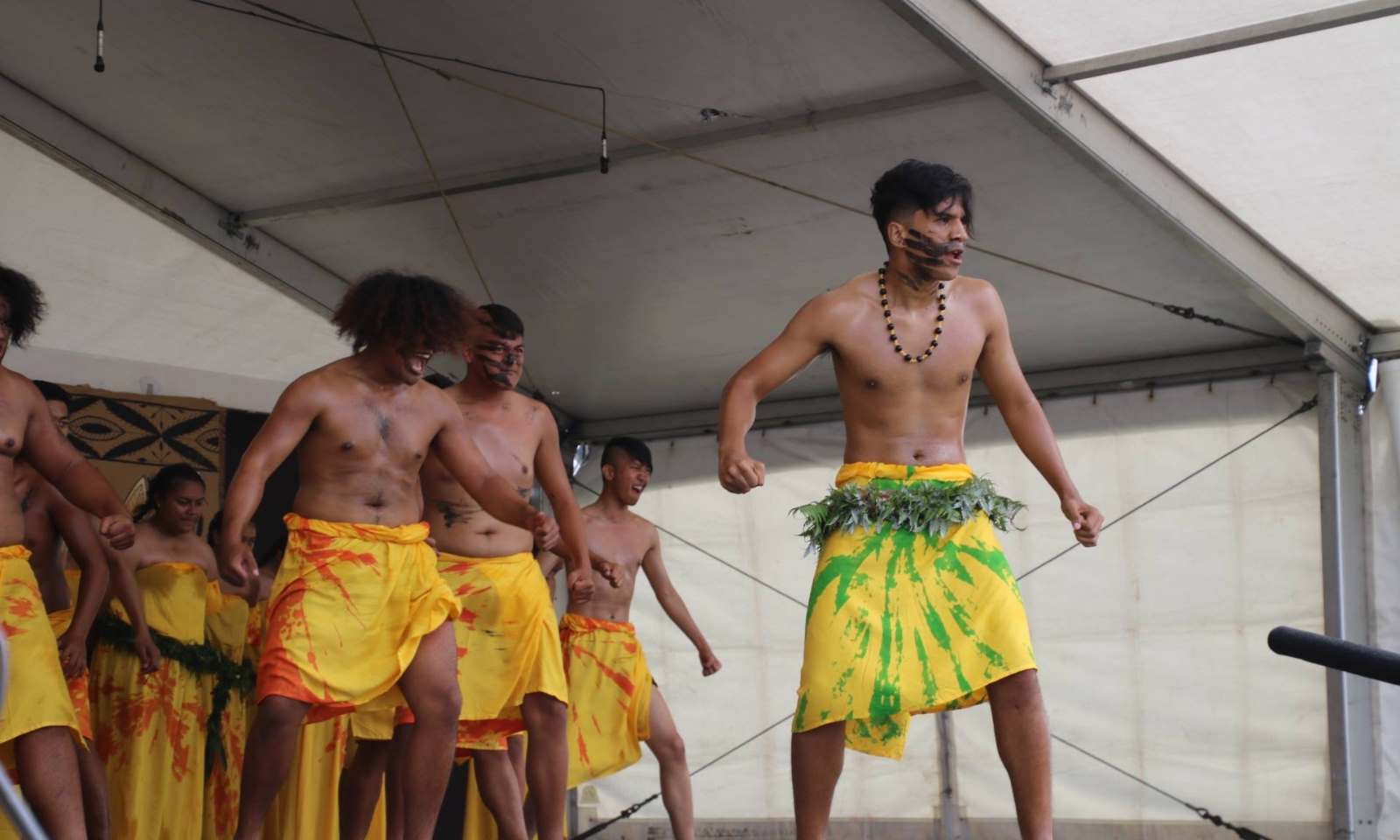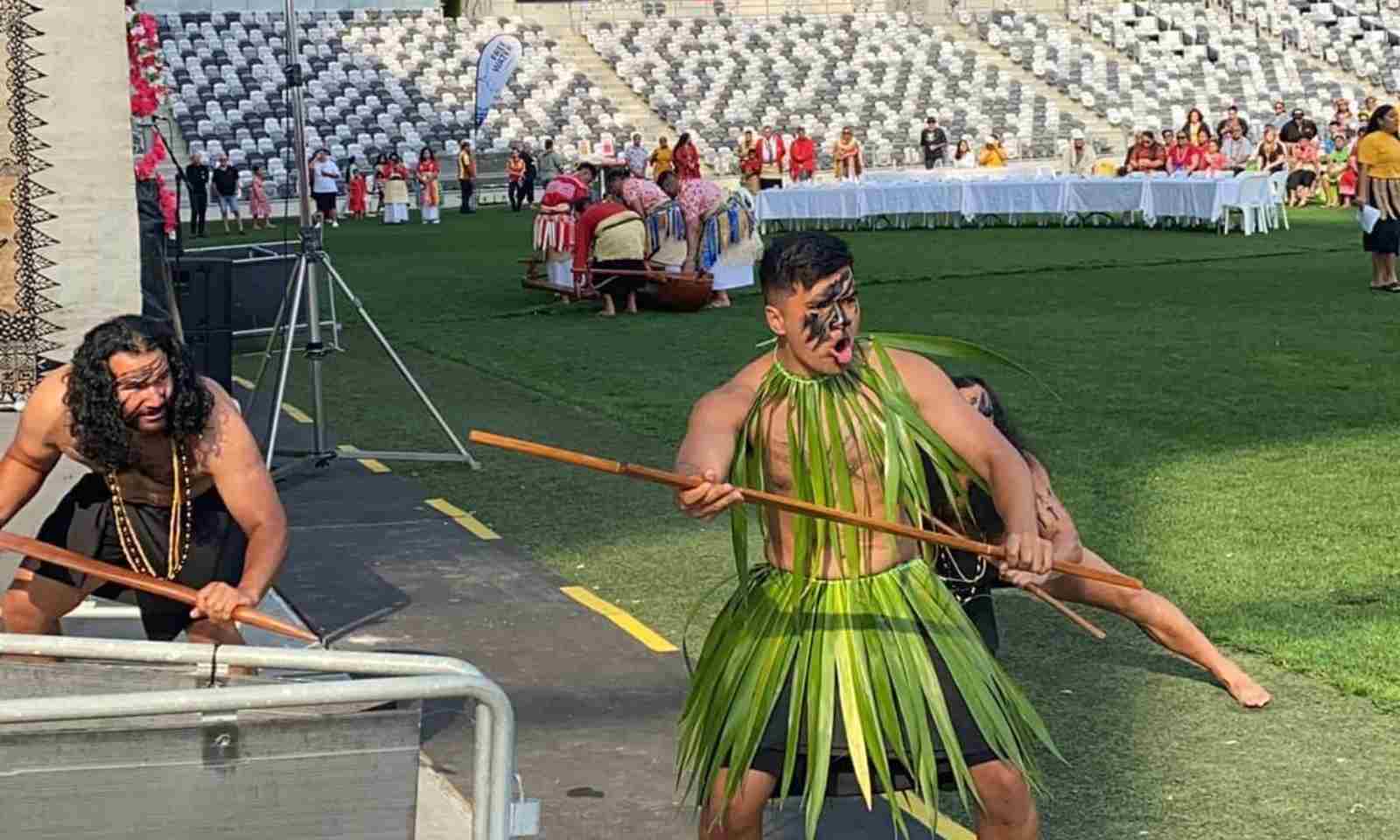

PMN News reporter Matt Manukuo reflects on navigating his life being a New Zealand-born Niuean unable to speak the language.
Photo/ Supplied
Niue Language Week: I can’t speak Vagahau Niue so am I less of a Niuean than those who can?
PMN News reporter Matt Manukuo reflects on navigating his life being a New Zealand-born Niuean unable to speak the language.




Pacific leaders demand fair backing as Moana Pasifika cancels Tonga Super Rugby match

Diamond Langi steps into her boldest era with ‘Yodelay' ft. JKings


Cook Islands projects still delayed as NZ funding suspension continues over tensions


Pacific leaders demand fair backing as Moana Pasifika cancels Tonga Super Rugby match

Diamond Langi steps into her boldest era with ‘Yodelay' ft. JKings
When Niue Language Week comes each year, I find myself having similar feelings that many other New Zealand-born Pacific people must experience - in not feeling sufficiently connected to their culture.
But for us tagata Niue (Niue people), it’s a little different.
Vagahau Niue is recognised as an endangered language under UNESCO and is predicted to go extinct within my lifetime.
So, every year when Niue Language Week comes around, I feel like a bit of a fraud, because I don’t speak the language fluently. There’s always an underlying guilt that I hold every day, that I could be a contributor to the death of my language.
My parents both speak fluent vagahau Niue, which my dad learned from his parents, who were part of the Pacific migrants in the 1960s. My mum learned from her grandparents who she was raised by, also migrants here in the 70s.
I reflect on their decisions to migrate to Aotearoa and their intent to set up a better future for their families. Losing vagahau Niue was probably never a thought for them, because of how ingrained it was into their lifestyles.
And years later, living in the shoes of the generations they had hoped to create better futures for, I stand here unable to speak the language that was essential to their everyday lives.
The only times I would engage in the language would be through Polyfest or when I visited my grandparents who could only communicate in vagahau Niue. The only times I would represent Niue was on the footy field.

Performing for the Avondale College Niue group.
In my teens, I would sit around my peers from bigger islands like Samoa, Tonga, Fiji and be in awe hearing them speak their mother tongue. Also feeling envy that they could, and I couldn’t.
Was I less of a Pacific person than them? Was I less of a Niue because I couldn’t speak the language? Things like this always riddled my mind.
There is also an unspoken notion amongst tagata Niue, those who don’t live on the motu (island) - are less of a Niuean than those who live here.
It’s like that saying: “Too brown to be white, too white to be brown” but in this case its ‘too brown to be Kiwi, too Kiwi to be Niuean”.
How can I call myself Niue if I can’t speak the language, or don’t live on the island of my heritage? Ideas like that bounce around my mind every time I reflect on these things.
Because it’s notions like those that can really cripple people from learning about their language or culture, especially for nations like Niue, who don’t have a lot of representation in the Pacific sphere.
My flat-mates during my time at uni were all from the island, and could fluently speak the language and were experts in the culture. And despite my best efforts, I could never build the confidence to ask them to teach me the Vagahau.
It was as if those notions had crippled my ability to learn, and willingness to have a go in fear of what others would say.
But as time went on, what I learnt was that regardless if I speak the language or live on the island, every chance I get to represent Niue I would do so proudly.
With events like Faahi Tapu he Vagahau Niue (Niue Language Week) it is a time for tagata Niue around the world to really embrace their culture, embrace the little vagahau Niue they know, and be proud of who they are.
I know I’m one of many tagata Niue who don’t speak the language fluently and question their validity as a Niue.
So I would like to encourage those who struggle to find their feet, to stand strong - though the echoes of the extinction of the vagahau ring the ears of our community, each day we choose to speak of Niue or represent Niue, our language and culture lives on.

Performing at the Moana Nui Festival in Dunedin 2021. Photo/ Supplied